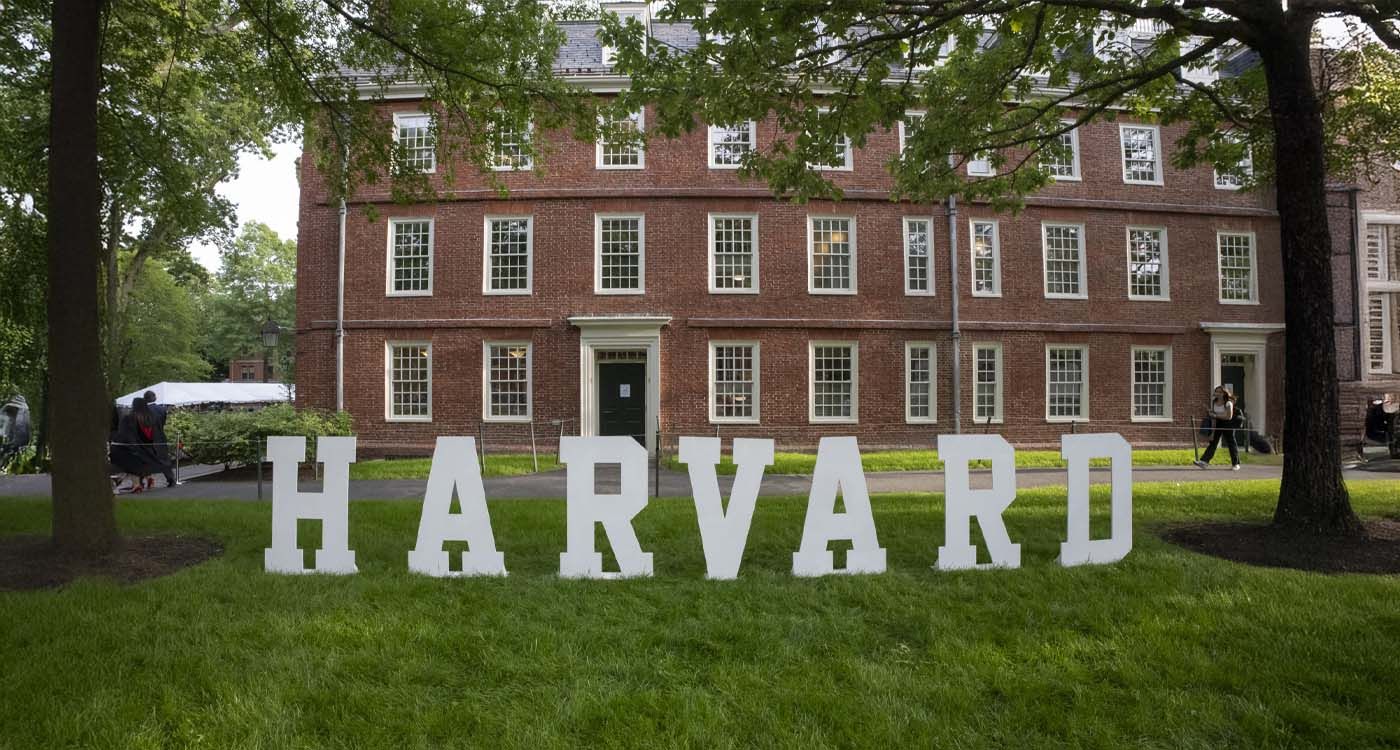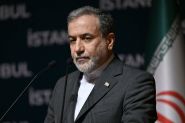- Home
- Middle East
- Trump vs. Harvard: Measures That Are Redefining the American Academic Landscape

©Rick Friedman / AFP
Since Donald Trump’s return to the presidency in January, Harvard University has found itself at the center of an unprecedented federal offensive that threatens its funding, its ability to host international students, and, more broadly, its academic autonomy.
An Unprecedented Financial Offensive
The Trump administration already froze more than $2.2 billion in federal grants and contracts awarded to Harvard in April, including funds earmarked for medical, scientific, and technological research.
On Tuesday, a directive was sent to federal agencies to terminate all remaining contracts with the university, estimated at around $100 million.
President Donald Trump justified these measures by accusing Harvard of promoting a “radical” and antisemitic ideology and of failing to comply with the 2023 Supreme Court ruling that banned race-based admissions policies.
He also threatened to revoke the university’s tax-exempt status and to impose additional taxes on its endowment fund—an investment capital meant to finance long-term operations. This could result in an additional tax burden of $850 million per year, according to Phillip Levine, an economics professor at Wellesley College, as quoted by British news agency Reuters.
International Students Targeted
Alongside budget cuts, the administration has taken restrictive measures against international students.
Last Thursday, the government revoked Harvard’s certification to host foreign students, affecting nearly 6,800 students—about 27% of the university’s student body.
Additionally, the State Department suspended student visa interviews, announcing stricter vetting processes, including the analysis of applicants’ social media profiles. This temporary suspension has raised concerns about the impact on international students hoping to study at Harvard.
An Ongoing Legal Battle
In response to these attacks, Harvard University has filed several lawsuits against the Trump administration, arguing that these measures violate constitutional principles of academic freedom and non-discrimination.
University President Alan Garber stated that these actions “harm not only Harvard but the entire country,” emphasizing the importance of federally funded research for the public good.
Last Friday, Federal Judge Allison Burroughs issued a temporary restraining order blocking the Trump administration’s revocation of Harvard’s ability to enroll international students. This judicial decision offers a temporary reprieve for the university and its international students—but the legal battle continues.
What Economic Impact?
The Trump administration’s decisions have significant economic repercussions for Harvard and the broader US higher education system. The loss of revenue linked to international students is estimated to be several hundred million dollars per year, given the high tuition fees these students pay.
Moreover, the suspension of over 1,000 grants—representing about $2.4 billion—could jeopardize research projects, particularly in the health and technology sectors.
These measures could also affect the local and national economy. International students contribute $44 billion annually to the US economy and support nearly 378,000 jobs, according to the Association of International Educators (NAFSA).
What Future for Higher Education?
This confrontation raises fundamental questions about the future of higher education in the United States. The Trump administration’s intent to redirect funds toward vocational schools and limit access for foreign students challenges the traditional model of American universities, which is based on openness and diversity.
While Harvard is holding firm for now, other institutions may be tempted to yield to government pressure in order to preserve their funding. The outcome of this legal battle could therefore have major implications for the entire US academic landscape.
International Solidarity in Response
In response to the crisis, several Asian countries have expressed solidarity with affected international students by offering alternative hosting solutions.
The Japanese government has officially invited its universities to consider accepting international students enrolled in American institutions—especially Harvard—so they can continue their studies without interruption.
In Hong Kong, the government urged local universities to facilitate the integration of international students affected by the restrictions on Harvard. Institutions like the Hong Kong University of Science and Technology (HKUST) have offered unconditional admissions, streamlined procedures, and academic support for these students.
Taiwan’s Ministry of Education indicated that 52 Taiwanese students, including new admits, were affected by the US decision. The ministry pledged to support these students by facilitating their transfer to Taiwanese institutions or organizing additional entrance exams.
In summary, the Trump administration’s measures against Harvard are part of a clear effort to redirect American higher education toward principles deemed more aligned with national interests. While controversial, this approach reflects a strategy to redefine the academic landscape of the United States.
Read more




Comments